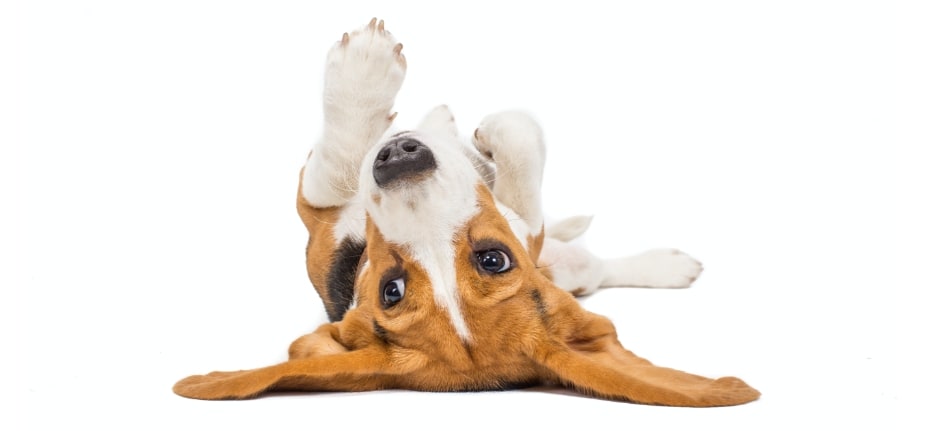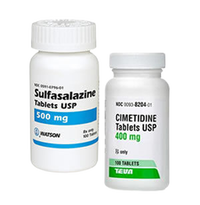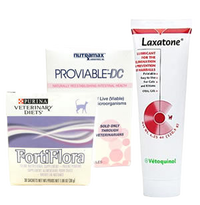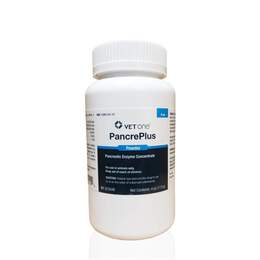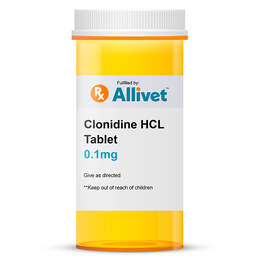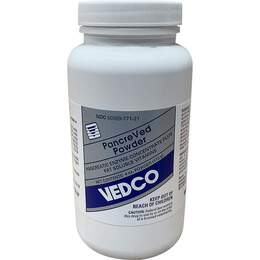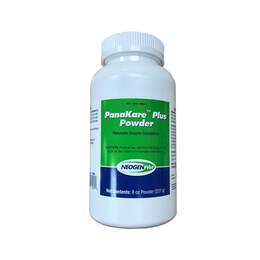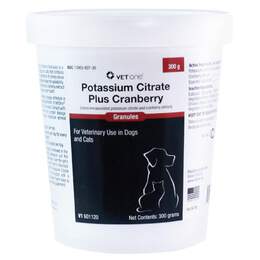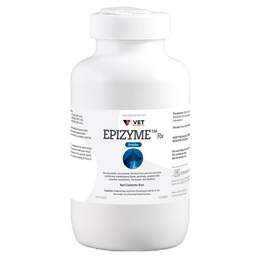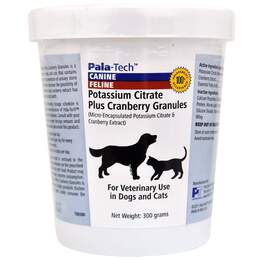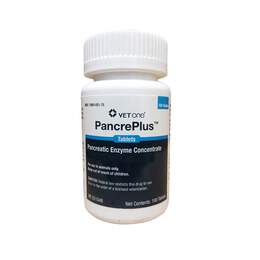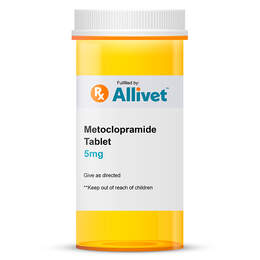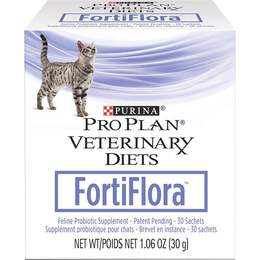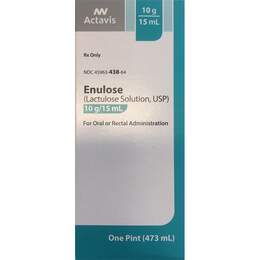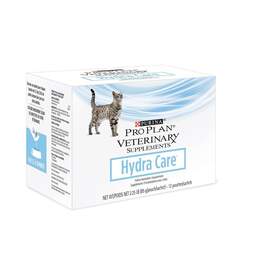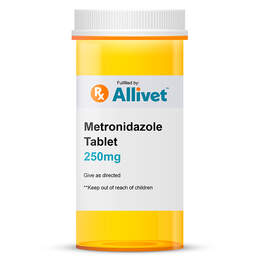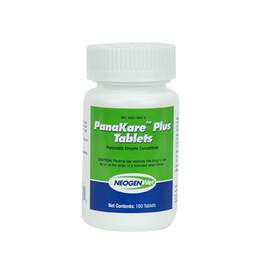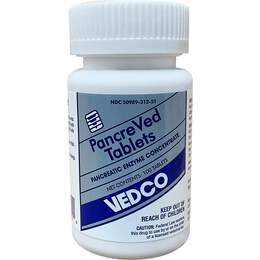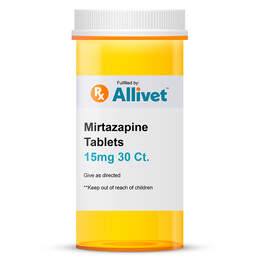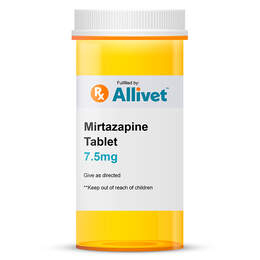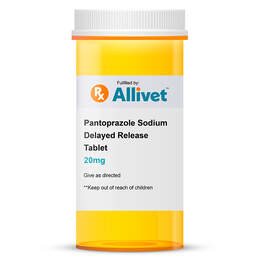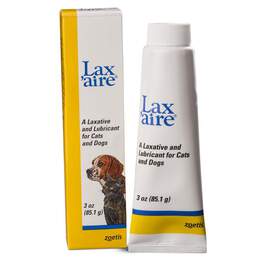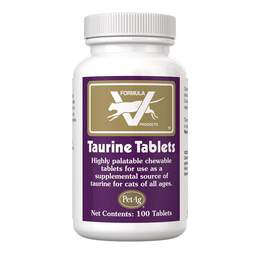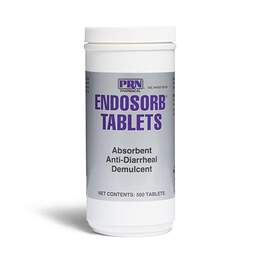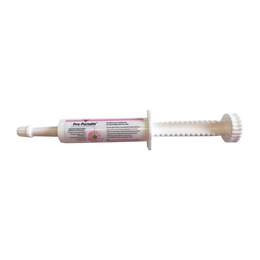Cat Digestive
While occasional digestive upsets are nothing to cause concern, as long as your cat seems bright and active, they shouldn’t be a regular occurrence. Many digestive issues are occasional occurrences and usually don’t last long. And others can be managed or alleviated by changing your cat’s diet or adding the right digestive supplements for cats. And in some instances, medication may be required. That’s why it is important to speak with your veterinarian if you are worried about your cat’s stomach issues.
Cat digestive issues can be caused by a range of conditions–environmental changes, diet changes, or feline gastric ulcers are all possible causes. Or it could be something else entirely. Getting to the bottom of the issue is key to determining what type of digestive medicine for cats is appropriate to use.
Signs of Digestive Problems in Cats
It can be hard to tell when your cat isn’t feeling up to par. They can’t point and tell you where it hurts, if they merely ate something they shouldn’t have or if something more serious is going on.
Knowing what signs, or combination of signs, to look for in your cat will help let you know if your cat is suffering from a digestive problem and will help ensure they get the correct veterinary care as soon as possible.
Difficulty eating or swallowing: if your cat has a hairball or their esophagus or stomach muscles aren’t working properly, you may notice that they seem to have a hard time eating or swallowing. Your cat may seem reluctant to eat and when they do, it may be strained or difficult. They may throw up food passively, generally soon after they have eaten. In addition, they may cough if undigested food is stuck in their esophagus.
Lack of appetite: unlike dogs, most cats are picky eaters and may not always be interested in food. This could mean many different conditions, including dental disease, pancreatitis, constipation, or inflammatory bowel disease, to name just a few conditions. If your cat truly isn’t eating, a trip to the veterinarian may be in order.
Frequent vomiting: just as in dogs, it is not uncommon for cats to vomit once in a while, especially if they’ve eaten something their body considers harmful. However, vomiting more than twice a month can mean a more serious issue is going on, such as an ulcer or inflammatory disease.
Diarrhea: if your cat has diarrhea, it can indicate an illness is affecting your cat. However, determining what the ailment is depends on whether the diarrhea is from the large intestine or the small intestine. Large intestinal diarrhea stools tend to be the same volume or less than their usual stools would be, but more frequent, and they will often include mucus or blood. They may also be softer at the end of the day, more frequent, and more urgent. Small intestinal diarrhea in your cat will be voluminous and all at one time, may have color variations such as orange or green, and you may see indigested food. Your cat may also have flatulence, weight loss, and vomiting.
Bad breath: your cat may have bad breath due to dental disease or something more serious, such as a gastrointestinal infection, intestinal blockage, stomach ulcers, or even tumors. Taking your cat to the veterinarian is the only way to know for sure.
Constipation: this condition occurs when feces become too hard or too large to pass out of the colon. When constipated, your cat will strain when using the litterbox but not produce much waste. The stool your cat does pass is generally firm, dry, and small. If your cat has recurring constipation, increasing their water intake, making dietary changes, increased exercise, and weight management can help reduce the severity and frequency of instances of constipation.
If you see your cat exhibiting any of these signs, it’s important to take them to a veterinarian so the cause of the problem can be identified and properly treated.
Common Digestive Issues in Cats
When your cat has digestive issues, you know they are not feeling well. Some may be minor and easily managed. Any recurring or more serious issues warrant a trip to the veterinarian.
Worms and Intestinal Parasites
Worms and intestinal parasites are a common cause of gastrointestinal problems in cats and kittens. Without treatment, intestinal parasites can make cats sick and cause symptoms such as diarrhea, vomiting, weight loss, and poor growth. Clearing your cat of worms and intestinal parasites is straightforward. Once your vet has identified the parasite, they will prescribe the appropriate dewormer and, in some instances, a preventive treatment.
Hairballs
Although not uncommon, hairballs are not normal. They form due to excess shedding caused by a skin problem or gastrointestinal dysfunction. If a cat brings up a hairball every once in a while but otherwise seems healthy, you may consider:
- Changing their diet to one that contains fewer potential allergens. Food allergies can cause gastrointestinal inflammation that, in turn, can cause hairballs.
- Adding fiber to their diet to help move the hair through their gastrointestinal tract.
- Using a hairball gel that keeps swallowed hair from clumping together.
- Brushing your cat more often to help get rid of excess hair.
If none of this works, make an appointment with your veterinarian.
Foreign Bodies
Although dogs are infamous for putting anything in their mouths, some cats let their natural curiosity get the better of them and also exhibit this behavior. Often, the things your cat swallows make their way through the digestive system with no trouble, but sometimes they get stuck somewhere. Foreign bodies stuck in the gastrointestinal tract cause vomiting, poor appetite, and discomfort. If you suspect your cat may have swallowed something they shouldn’t have, take them to your veterinarian for diagnosis and treatment.
Inflammatory Bowel Disease
Inflammatory bowel disease is caused by a combination of food allergies, food intolerance, immune dysfunction, metabolic disease, bacterial overgrowth, environmental stress, parasites, and genetics. A cat’s symptoms generally start mild and get worse over time. Symptoms include:
- Diarrhea
- Vomiting
- Weight loss
- Poor appetite
The only way to diagnose inflammatory bowel disease is with biopsy, making identifying it a challenge.
Food Allergies and Intolerance
Just like we are allergic to certain foods or ingredients, so are our cats. And just like us, this can cause itchy skin and gastrointestinal problems in our cats. However, if your cat has a food intolerance, the symptoms are generally those of gastrointestinal upset, such as:
- Diarrhea
- Vomiting
- Gassiness
- Abdominal pain
Altering their diet and testing to see what ingredient causes the upset can help you manage the condition. If symptoms don’t resolve, a visit with the veterinarian can help identify the condition and provide treatment.
Pancreatitis
Pancreatitis occurs in cats when digestive enzymes are released in the pancreas itself instead of the small intestine. They then begin to break down proteins and fat in the pancreas and other organs, leading to serious consequences.
Symptoms include:
- Lethargy and fatigue
- Nausea and Vomiting
- Fever
- Diarrhea
- Dehydration
- Loss of appetite
- Weight loss
- Abdominal pain
- Acute shock or death, in severe cases
This condition is serious but, if caught quickly, highly treatable. Not all cats show all these symptoms. If your cat begins to show a combination of a few of them, contact your veterinarian right away.
Relieving Digestive Problems in Cats
There is a range of digestive issues in cats that share some or all of the same symptoms. This makes identifying and diagnosing difficult. If you have any questions or concerns about symptoms in your cat, contact your veterinarian. They will prescribe metronidazole tablets or another digestive medicine for cats to help resolve it.

